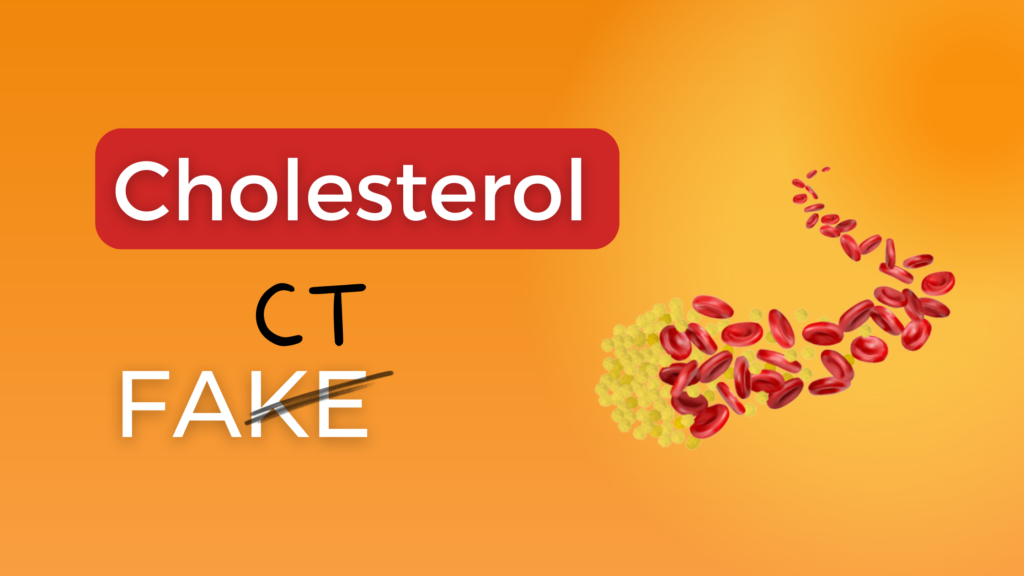Search for
SupportHow CBC Tests Aid in Disease Identification

Introduction
Have you ever wondered why a complete blood count (CBC) test is important? A CBC test is a fundamental health check doctors use to understand your well-being. This test helps in examining various aspects of your blood which can help in noticing any potential health issues early. Finding problems early means they can start the right treatment promptly, which helps you feel better sooner and lowers the chances of severe disease.
Understanding the Components of a CBC Test
So, what exactly does a CBC test look at? It gives a complete account of the different elements that make up your blood. These include:
- White Blood Cells (WBCs): These cells fight foreign invaders (like infections and allergens) in the body. A normal WBC count typically falls between 4,000 to 10,000 cells per microliter. Different types of WBCs and their normal ranges are:3neutrophils 40%-60%, lymphocytes 20%- 40%, monocytes 2%-8%, eosinophils- 1%-4%, and basophils- 0.5%-1% of total WBC count.
- Platelets: These tiny cells are like the mechanics of your body, helping to stop bleeding by forming clots. Their normal range is usually between 150,000 to 400,000 platelets per microliter.
- Red Blood Cells (RBCs): These cells carry oxygen in your blood and supply it to all the cells and tissues of the body. A normal RBC range is usually between 4.5 to 6.1 million cells per microliter for men and 4.0 to 5.4 million cells per microliter for women.
- Haemoglobin: This iron-rich protein in your RBCs is responsible for carrying oxygen in your blood. For men, a normal haemoglobin level is typically 13 to 17 grams per deciliter, and for women, it's 11.5 to 15.5 grams per deciliter.
- Haematocrit: This measures the percentage of RBCs in your blood. A normal range is usually between 40% to 5% for men and 36% to 48% for women.
- Red Cell Indices: RBC indices including mean corpuscular volume (MCV), mean corpuscular haemoglobin (MCH), mean corpuscular haemoglobin concentration (MCHC), and red cell distribution width (RDW) check for the size, shape and health of your red blood cells.
ESR (Erythrocyte Sedimentation Rate) is a test that measures how quickly red blood cells settle at the bottom of a tube of blood. It's not a component of CBC but is often conducted alongside it. ESR can provide additional information about inflammation or certain conditions such as autoimmune diseases, infections, and some cancers.
With these key components, a CBC test provides a detailed picture of your blood's health and also if there are any possible abnormalities.
The Diagnostic Power of CBC Tests
Once you are done with the CBC test, further investigation may be necessary in case the results are altered. ITop of Formif any of these components stray from their normal ranges, it could indicate that something's not quite right in your body. For example:
- Low RBC, haemoglobin, or haematocrit levels might mean you have anaemia, which could be caused by an iron or vitamin deficiency, blood loss, or another underlying condition.
- High or low WBC counts could signal an infection, inflammatory disease, or even certain cancers. - Neutrophils: Levels may increase during bacterial infections or decrease in severe infections or conditions like sepsis. - Lymphocytes: Counts may rise during viral infections or decrease in immune deficiency disorders or as a side effect of certain medications. - Eosinophils: Elevated counts may occur during parasitic infections, allergic reactions, or some types of cancer. - Basophils: Increased levels can indicate allergic reactions, inflammatory conditions, or chronic infections. - Monocytes: Levels may rise in chronic infections, inflammatory conditions, autoimmune diseases, or certain cancers.
- Abnormal platelet counts might point to a clotting disorder or a problem with your bone marrow.
So, after the test, if any of these blood components are not in the normal range, it could mean something's up with your health. It's a signal for your doctor to dig deeper and understand what's happening inside your body.
CBC Tests in Cancer Diagnosis
CBC test play a crucial role in helping doctors monitor cancer patients and understand how their treatment is working. An abnormality in the number of WBCs as seen on the CBC test can reveal the presence of lymphoma or leukaemia, types of blood cancer where WBC count is very high. Moreover, the test can help assess if a cancer has spread to the bone marrow. When there's an excess of myeloma cells or abnormal white blood cells that grow too much in the bone marrow, it can cause certain blood cell levels to decrease. The typical finding is a decrease in red blood cell count.
Additionally, CBC tests are often performed along with an erythrocyte sedimentation rate (ESR) test, which can provide valuable information in cancer diagnosis and treatment progress. High ESR levels are often seen in cancer patients. It is also found that a high ESR level can predict a worse outcome for cancer patients.
In cancer care, a CBC helps to understand how your body is handling cancer treatment and monitor its side effects. Certain cancer treatments like chemotherapy and radiation therapy can impact the bone marrow, which is responsible for making blood cells. When the bone marrow doesn't function as it should, the body can't produce enough blood cells, leading to a drop in blood cell counts. This can be detected by a CBC and addressed before it gets worse.
Monitoring the results over time helps doctors track the progress of the cancer and adjust treatment as needed. So, CBC tests are like a helpful tool that gives doctors important information to guide the care of cancer patients.
CBC and Infection Detection
One of the primary uses of CBC tests is to diagnose and monitor infections. CBC results help diagnose various types of infections, including bacterial, viral, and other microbial ones. If your WBC count is high, it could mean you have a bacterial infection or viral infection. On the other hand, a low WBC count might indicate an immune system disorder. A blood test showing over 11,000 cells per microliter of blood indicates raised white blood cell levels. By looking at different components of your WBC’s, it may also be possible to determine what kind of infection it is.
Neutrophils fight bacterial infections, so if their count is high, it likely means a bacterial infection is present. Lymphocytes combat viral infections, so an elevated count suggests a viral infection, especially if neutrophil count is normal or slightly high. Monocytes increase in chronic infections like tuberculosis or viral infections such as infectious mononucleosis. Eosinophils rise in parasitic infections, allergies, or autoimmune disorders. Platelet count, while not infection-specific, can decrease in viral infections like dengue fever or bacterial infections like sepsis.
By keeping an eye on the levels of your white blood cells and noticing any related signs like fever or fatigue, your doctor can quickly identify if you might have an infection brewing.
The Importance of CBC in Chronic Disease Management
Regular CBC tests at home play a vital role in managing chronic diseases like diabetes and heart disease. These tests help healthcare providers monitor important factors which can indicate how well your body is managing the condition. In diabetes, CBC tests can detect changes in red blood cell count and haemoglobin levels, providing insights into blood sugar control and the risk of complications like diabetic neuropathy and kidney disease. Similarly, in heart disease, CBC tests can reveal abnormalities in red blood cells and white blood cells, helping assess the risk of cardiovascular events and guiding treatment decisions. When your white blood cell count is high, it suggests inflammation in your body, which is linked to the risk of heart disease. Similarly, other blood tests like haematocrit and erythrocyte sedimentation rate can also indicate heart disease risk. By looking at these blood markers together, doctors can better predict your risk of heart disease.
Preparing for a CBC Test
The good news is that preparing for a CBC test is pretty straightforward. You don’t have to fast or do anything special before getting a CBC. However, if your doctor is going to do some other blood tests along with the CBC, they might give you specific instructions to follow for those additional tests.
During the test, a healthcare professional will simply draw a small sample of blood from a vein in your arm. It's a quick and relatively painless process, and you can go about your day as usual afterwards. The blood sample is then sent to a lab for testing.
Conclusion
CBC tests may be simple, but they are a powerful tool when it comes to your health. By analysing the various components of your blood, your doctor can detect and manage a wide range of diseases, from infections and cancers to chronic conditions like diabetes and heart disease. Hence, regular health check-ups, including CBC tests, are important. They help find health problems early so we can take action to stay healthy. By taking care of our health and getting check-ups, we can manage diseases better and stay ahead of any possible health problems.
Book CBC Test in your city: CBC Test in Mumbai | CBC Test in Bangalore | CBC Test in Noida | CBC Test in Hyderabad | CBC Test in Gurgaon | CBC Test in Faridabad | CBC Test in Delhi

Understand Cholesterol – Fake or Fact?

The Role of HIV Testing in Preventing the Spread of HIV
